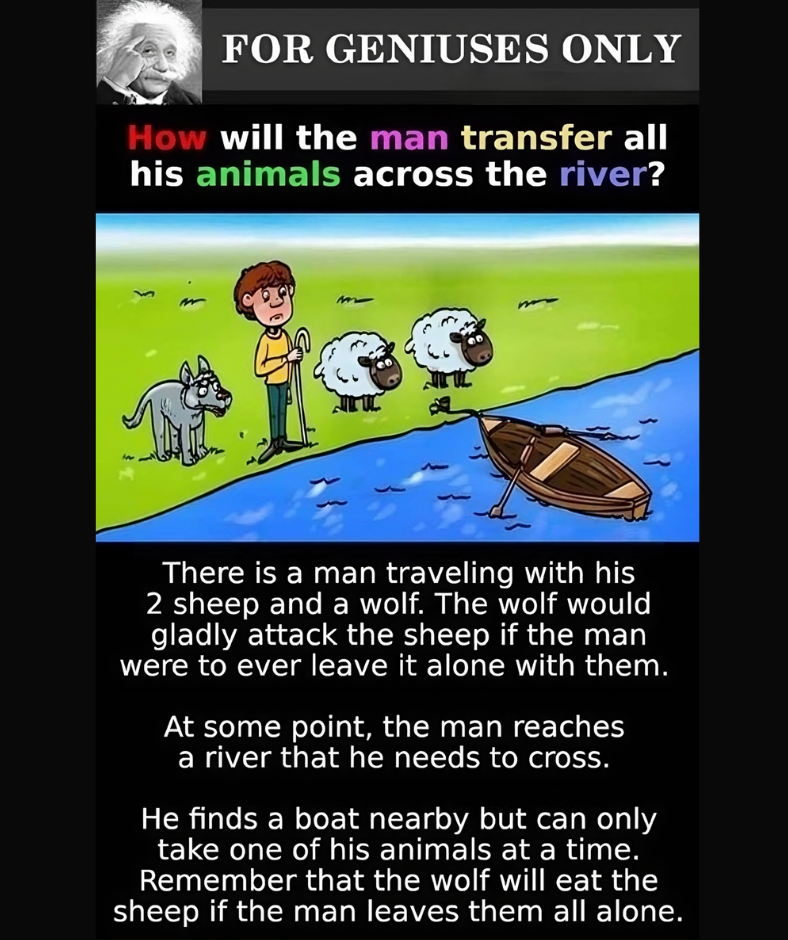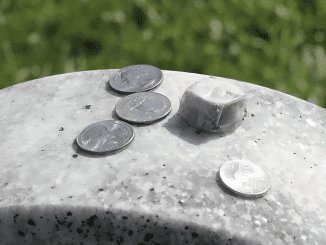Puzzles have a unique way of capturing our attention and challenging our minds. Whether it’s a classic jigsaw, a mind-bending riddle, or a spatial reasoning conundrum, the act of unraveling a puzzle’s mysteries can provide a much-needed mental respite from the stresses of everyday life.
In the midst of the hustle and bustle of our daily routines, it’s not uncommon to find ourselves in need of a mental escape. For many, the perfect antidote to the demands of the outside world lies in the captivating world of puzzles. By immersing ourselves in the process of deciphering a puzzle’s complexities, we can find a sense of focus and calm that often eludes us during the more hectic moments of our days.
But the benefits of puzzle-solving go beyond mere distraction. The sense of accomplishment that comes with successfully conquering a mental challenge, no matter how small, can have a profoundly uplifting effect on our mood and outlook. The feeling of having solved a puzzle, of having unlocked a secret, can provide a much-needed boost of confidence and self-assurance, helping to alleviate the burden of stress and anxiety.

Moreover, the act of solving puzzles has been shown to have tangible benefits for our cognitive abilities. By engaging our problem-solving skills, puzzles can help to sharpen our critical thinking, improve our attention to detail, and even enhance our memory and spatial awareness. As we delve deeper into the complexities of a puzzle, our brains are forced to work in new and innovative ways, ultimately expanding our cognitive horizons.
Puzzles can also serve as a powerful tool for fostering social connections. Whether it’s gathering around a table to collaborate on a jigsaw puzzle or challenging friends and family to a friendly competition, the shared experience of puzzle-solving can bring people together in meaningful ways. By working collectively towards a common goal, we can strengthen our bonds, improve our communication skills, and create lasting memories.
One puzzle that has captivated the minds of puzzle enthusiasts for generations is the River Crossing Conundrum. This classic brain teaser presents a seemingly simple scenario with a deceptively complex solution, challenging our logical reasoning and problem-solving abilities.
Imagine a man traveling with his two sheep and a wolf. The wolf, being the natural predator of the sheep, would gladly attack them if left alone with them. As the man reaches a river that he needs to cross, he finds a boat nearby, but can only take one of his animals across at a time.
The challenge lies in figuring out how the man can safely transport all of his animals across the river without the wolf devouring the sheep in his absence. At first glance, the solution may not be immediately apparent, but with a bit of strategic thinking and logical reasoning, the answer can be found.
Step 1: Transport the Wolf
The man will first take the wolf across the river, leaving the two sheep on the original side.
Step 2: Retrieve the First Sheep
The man will then return to the original side and take the first sheep across the river, leaving the wolf on the other side.
Step 3: Transport the Wolf Back
The man will then take the wolf back across the river, leaving the first sheep on the other side.
Step 4: Transport the Second Sheep
With the wolf now on the original side, the man can safely take the second sheep across the river.
Step 5: Retrieve the Wolf
Finally, the man will return to the original side and take the wolf across the river, completing the puzzle.
By working through this captivating river crossing conundrum, we can unlock the power of puzzle-solving and apply it to various aspects of our lives. The process of breaking down the problem, considering multiple options, and arriving at a logical solution not only exercises our cognitive abilities but also instills a sense of accomplishment and confidence that can carry over to other challenges we may face.
Puzzles, with their ability to captivate the mind and engage our problem-solving faculties, offer a unique and valuable means of finding mental respite and personal growth. Whether it’s a classic brain teaser like the River Crossing Conundrum or a more modern puzzle game, the act of puzzle-solving can provide a much-needed escape from the stresses of everyday life, while also enhancing our cognitive skills and fostering social connections.
So the next time you find yourself in need of a mental break, consider diving into the world of puzzles. Who knows, you might just unlock the secrets to unlocking your inner genius.


